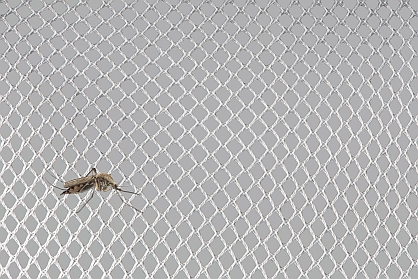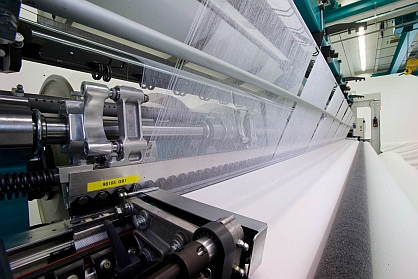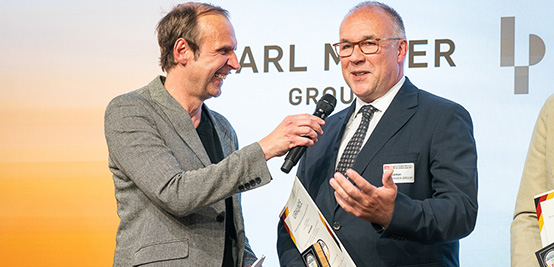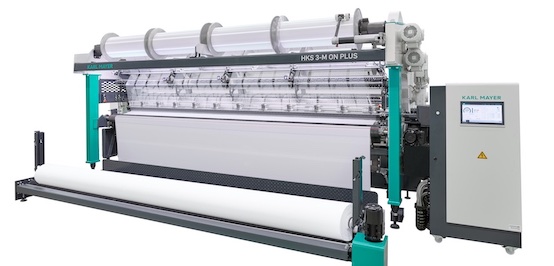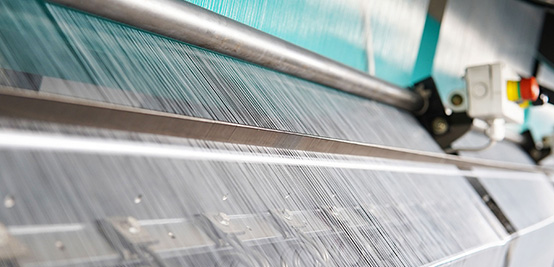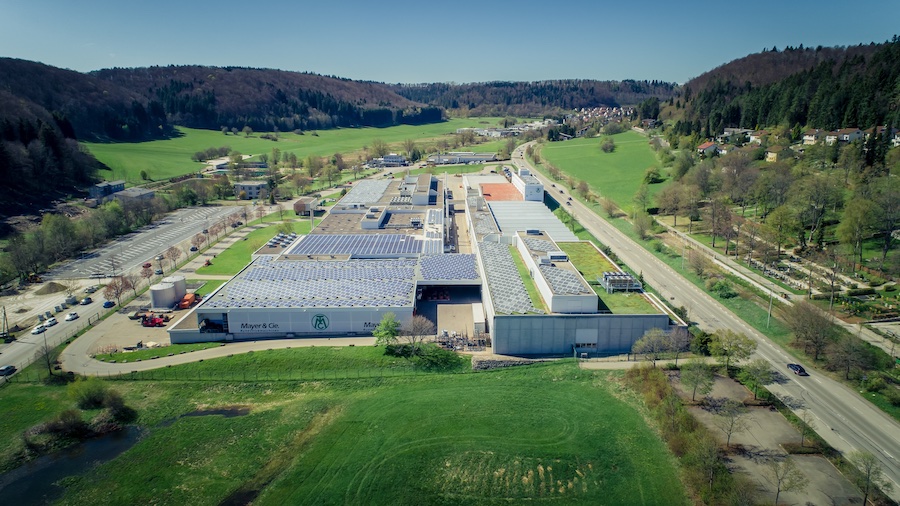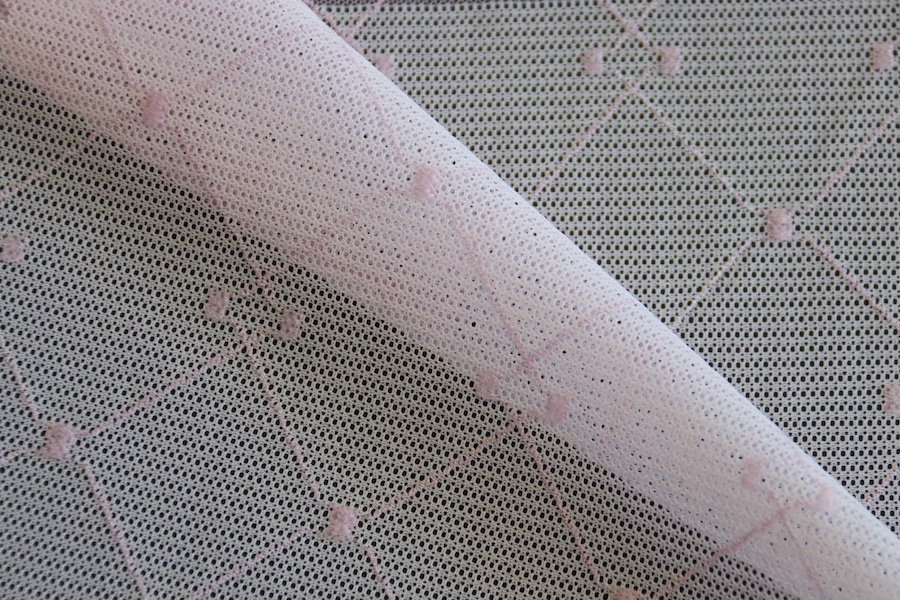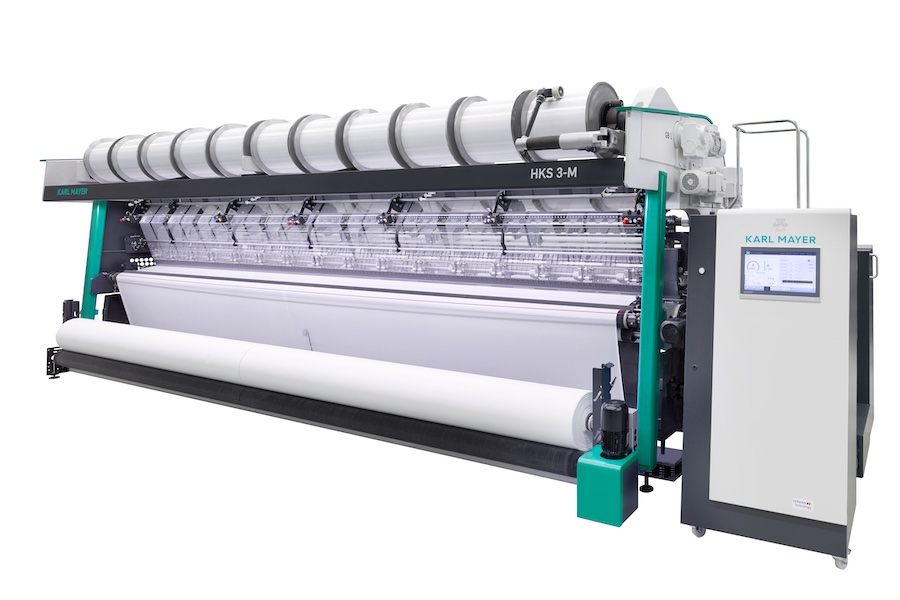#Knitting & Hosiery
Warp-knitted mosquito nets help in the fight against malaria and the spread of the Zika virus
The WHO recommends that all the public health authorities worldwide use insect-proof nets having long-lasting insecticidal effects (LLINs) to reduce the incidence of malaria quickly and effectively. These fine-meshed textiles are the best method of prevention and are easy to use, effective and cheap. KARL MAYER’s warp-knitting machines can be used to efficiently produce these nets, which provide a high level of protection.
Mechanical and chemical protection The nets must have a specific construction to provide safe and reliable protection against mosquito bites. The required textile parameters include a defined number of mesh holes and this should be 156 holes/inch2 or 25 holes/cm2 when using polyester (PES) filament yarns. This value is recommended by the WHO and firstly, guarantees mechanical resistance to insect bites and secondly, ensures that there is adequate air circulation suitable for a tropical climate. Modern mosquito nets meet this requirement by having stitch densities of 8 to 10 holes/cm when using polyester multifilament yarns, depending on the construction. The textile nets must also have a specific strength, so that the mosquitoes cannot make holes in them. /1/
In addition to the mechanical protection provided by the textile construction, mosquito nets also provide chemical protection by treating them with a contact insecticide. The most frequently used pyrethroids are applied to the nets by a standard impregnation process or by long lasting impregnation (LLI). Products that have been treated by the standard impregnation process lose their effectiveness after six months and after every wash, and the insecticide has to be re-applied regularly. LLI mosquito nets, on the other hand, can be used for more than three years and washed up to twenty times.
High-precision production Warp-knitted mosquito nets are mainly produced on two-bar tricot machines, such as the TM 2 and HKS 2-M. KARL MAYER’s machines offer the best in terms of quality and productivity. The machines operate in gauges E 28 or E 32 when working polyester filament yarns. If polyethylene (HDPE) monofilament yarns are used, they are worked usually in gauge E 14, but slight variations above or below this are also feasible. The two types of yarns have different constructions and properties and also differ as to how they are used in conjunction with the insecticide. Whilst the warp-knitted polyester textile is impregnated with the chemical at the finishing stage, the agent is already present in the HDPE at the granulate stage.
Despite their high operating speeds, KARL MAYER’s tricot machines do not compromise on quality. The machines offer maximum precision and thus meet stringent requirements in terms of dimensional stability and uniformity of the mesh openings, tear resistance and weight per unit area. This attention to detail is definitely worth it, since any variations in the specified parameters can cost lives.
In addition to tricot machines, raschel machines having three guide bars can also be used to produce certain products.
/1/ Specifications for Netting Materials, Roll Back Malaria Cabinet Project, WHO, 2001
